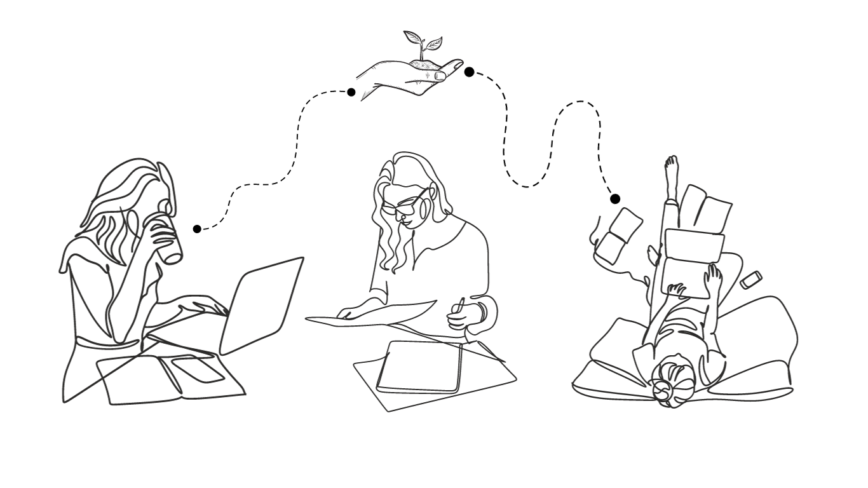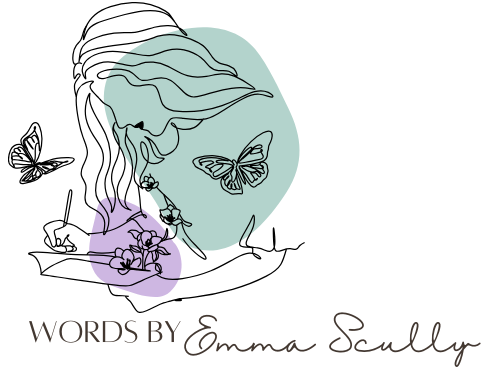
An editor is your Lucifer and your God. Neither friend nor foe.
When you write your first draft, splurge everything onto the page. It’s a chaos draft, your work in its rawest form. Don’t worry if it doesn’t make sense, or if you haven’t phrased something right. You’ve only just begun to dig for gold.
As a writer, you might be the first reader, but the only reader that matters is your editor. After all, your editor is the one that gets your words from the document to publication.
Embrace the discourse your editor shares. Don’t be alarmed or disheartened if they didn’t ‘get something.’ Your editor is only trying to highlight the cracks. Sometimes it’s good advice, other times a writer needs to clarify themselves. Allow yourself time to sit with their structural feedback. Your editor hasn’t re-written big chunks of text and that is a good thing. This is a collaboration, not a co-write.
Never read your feedback when you’re tired, after a long day or if you’re not in the right state of mind. The maze of track changes will seem overwhelming, and you’ll take everything as a personal attack.

When you write your second draft, read the work as a reader and not a writer. In the first draft, you could experiment and play with your voice. But now it is time to weed the crop. Get comfortable with the idea that your first draft, in its naked form, will never look like the finished product.
Remember that famous mantra: “The only kind of writing is rewriting,” (E. Hemingway, 1964). Cut the inconsistent POV, refine the tone, limit your use of rhetorical questions. That line you love, that piece of poetry – they don’t fit. You wouldn’t break a suitcase just to squeeze in another pair of shoes. But that doesn’t mean those shoes can’t come on your next adventure.
You know the piece is nearing perfection when you begin to resent the work. You’ll wonder if you’ll ever finish and you may even go back to that original sentence you cut from your first draft. You’ll cringe at the thought of reading the piece just one more time.
Finally, you’ll hand in the final draft to your editor. They will proof your work and what started out as chaos on paper becomes something publish-ready.
Accept it won’t ever be perfect, but that’s okay. Because your most important reader – your editor, has decided it is.



